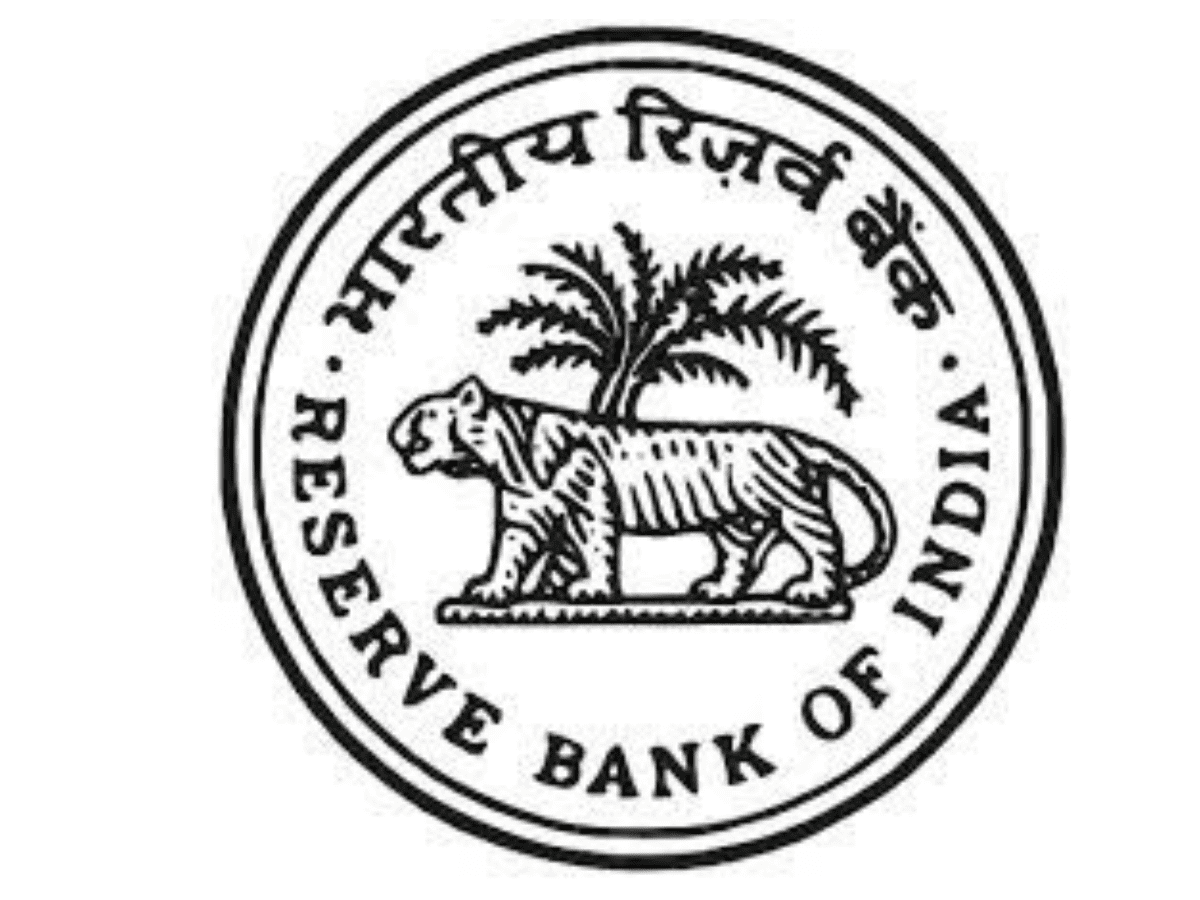Mumbai: The Reserve Bank of India (RBI) was all set to inject Rs 2,50,000 crore through its Variable Rate Repo (VRR) auction on Wednesday to enhance liquidity in the banking system.
The Central Bank has stated that the amount has been decided based on an assessment of the liquidity conditions.
The Reserve Bank also said it will be conducting daily Variable Rate Repo (VRR) auctions on all working days in Mumbai with reversal taking place on the next working day, until further notice.
RBI Governor Sanjay Malhotra had announced on Friday, after the monetary policy meeting, that the central bank was committed to provide sufficient liquidity in the economy and would take steps to ensure durable liquidity to meet the requirement of the system.
The RBI Governor also said that the RBI was keeping a close watch on the rupee and was taking all steps to keep the Indian currency stable.
According to a Morgan Stanley report, the RBI is expected to proactively manage liquidity and take up some additional measures (OMO purchases/FX swaps) as liquidity deficit rises towards end-March. We see risk of a longer rate cut cycle, if growth recovery is lacklustre, driven by weaker domestic demand and uncertainty from global factors.
To support its point, the report referred to the RBI governor’s statement highlighting that on the regulatory front, there is a trade-off between stability and efficiency which should be kept in mind. He said that this trade-off will be kept in mind while formulating regulations.
In a big relief for banks, RBI Governor Malhotra announced that the implementation of the proposed Liquidity Coverage Ratio (LCR) as well as project financing norms will be deferred by a year and will not to be implemented before March 31, 2026.
He said that the step has been taken as the earlier deadline March 2025 deadline does not give sufficient time for the implementation of these guidelines. The RBI does not want to cause disruption in the financial system and will ensure a smooth transition, added.
Both public sector and private sector banks had opposed the implementation of these norms, announced by former RBI Governor Shaktikanta Das, as they feared they were would cause a liquidity crisis in the financial system. The heads of banks had raised the issue with Malhotra, shortly after he took over as RBI Governor with Das’s tenure coming to an end.









